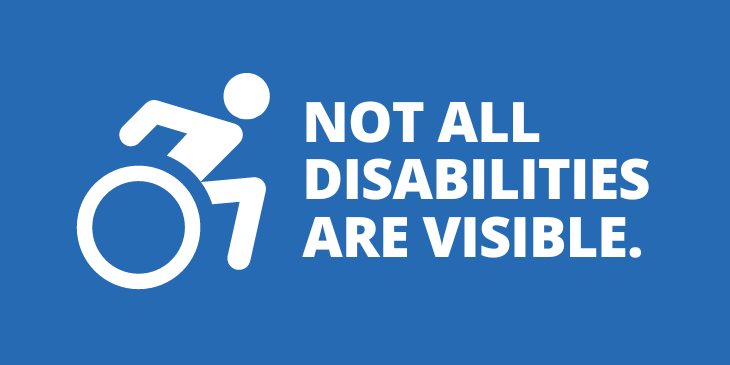University of Delaware offices will be closed on Monday, June 19, in observance of Juneteenth.
Juneteenth, also known as Juneteenth Independence Day or Freedom Day, is an important holiday celebrated in the United States on June 19th each year. It commemorates the emancipation of enslaved African Americans and represents a significant milestone in the nation’s history.
On June 19, 1865, in Galveston, Texas, Union General Gordon Granger arrived and issued General Order No. 3, bringing the news of emancipation to the enslaved people there. This marked the effective end of slavery in the United States, over two years after President Abraham Lincoln had issued the Emancipation Proclamation, which declared freedom for all slaves in Confederate territory but had not been enforced in Texas.
Juneteenth’s connection to agriculture
Juneteenth has historical connections to agriculture, particularly in the context of the African American experience during slavery and its aftermath. Understanding this link sheds light on the significance of agriculture in shaping Juneteenth celebrations.
During the era of slavery, agriculture played a central role in the economy of the Southern United States. Enslaved African Americans were forced to work on plantations and farms, primarily cultivating crops such as cotton, tobacco, sugar cane, and rice. They endured grueling labor, often under harsh conditions, contributing to the prosperity of the agricultural industry.
Juneteenth holds particular significance as it marks the moment when enslaved people in Texas finally received news of their freedom, which had been legally granted more than two years earlier. This timing is notable because it coincided with the transition from slavery to a free labor system, where many newly emancipated individuals chose to work on farms and plantations as paid laborers or sharecroppers. Agriculture thus continued to be intimately tied to the lives and livelihoods of African Americans following emancipation.
After gaining their freedom, many African Americans faced economic challenges and limited opportunities for land ownership. Despite these obstacles, they utilized their agricultural skills and knowledge to cultivate their own crops and establish self-sustaining communities. Agriculture became a means of survival, empowerment, and a symbol of resilience in the face of adversity.
Making progress
The holiday has evolved and is now observed in various ways, including community gatherings, parades, picnics, family reunions, and educational events. It is a time to reflect on the struggles and achievements of African Americans, honor the legacy of those who fought for freedom, and celebrate the progress made towards racial equality.
Juneteenth is significant not only as a commemoration of the end of slavery but also as a reminder of the ongoing fight for equal rights and social justice. It serves as a symbol of resilience, unity, and the continued pursuit of freedom and equality for all.
There has been a growing recognition of Juneteenth’s importance in recent years. In 2021, Juneteenth was officially recognized as a federal holiday in the United States, following the passage of the Juneteenth National Independence Day Act.
Get involved
- Attend the Freedom Parade and Festival kick-off in Rodney Square on Saturday, June 17, 2023 at 10 a.m., eventually culminating in a celebration of music, food and games at Tubman-Garrett Riverfront Park.
- Visit the National Museum of African American History and Culture in Washington, DC. There is an exhibit called Juneteenth: A Celebration of Resilience. It included the famous hymn “Lift Every Voice and Sing,” written in 1900 by NAACP leader James Weldon Johnson.
Part of the hymn is:
Sing a song full of the faith that the dark past has taught us,
Sing a song full of the hope that the present has brought us;
Facing the rising sun of our new day begun,
Let us march on ’til victory is won.
James Weldon Johnson
By celebrating Juneteenth, individuals and communities aim to promote awareness, foster dialogue, and work towards a more inclusive society. It is an opportunity to learn about and acknowledge African Americans’ history, culture, and contributions, while also acknowledging the work that still needs to be done to achieve racial equity.







